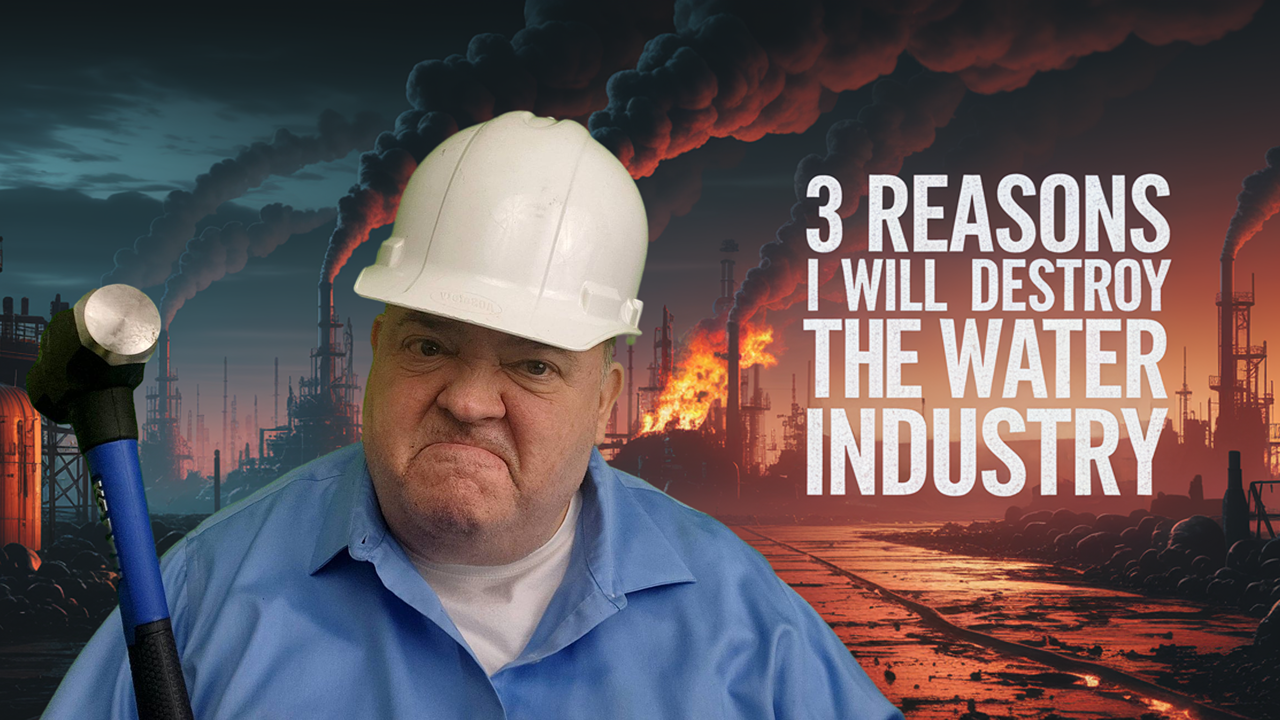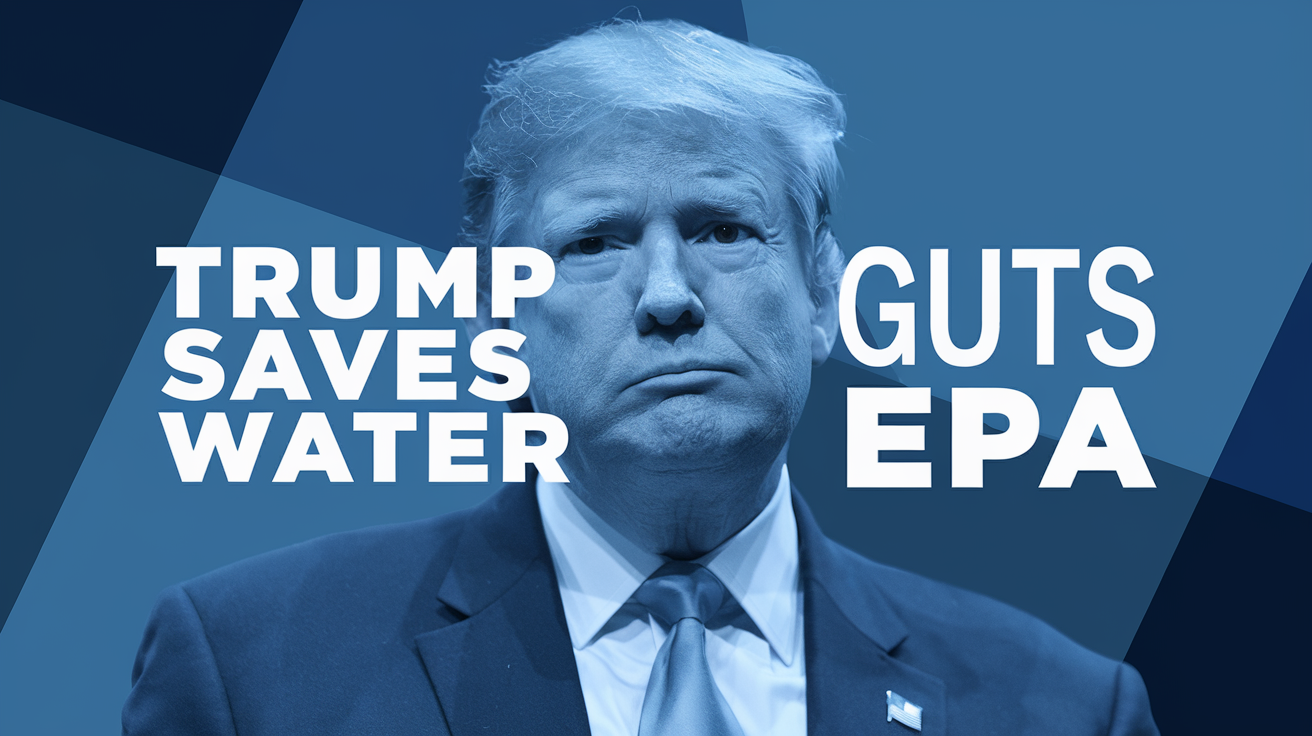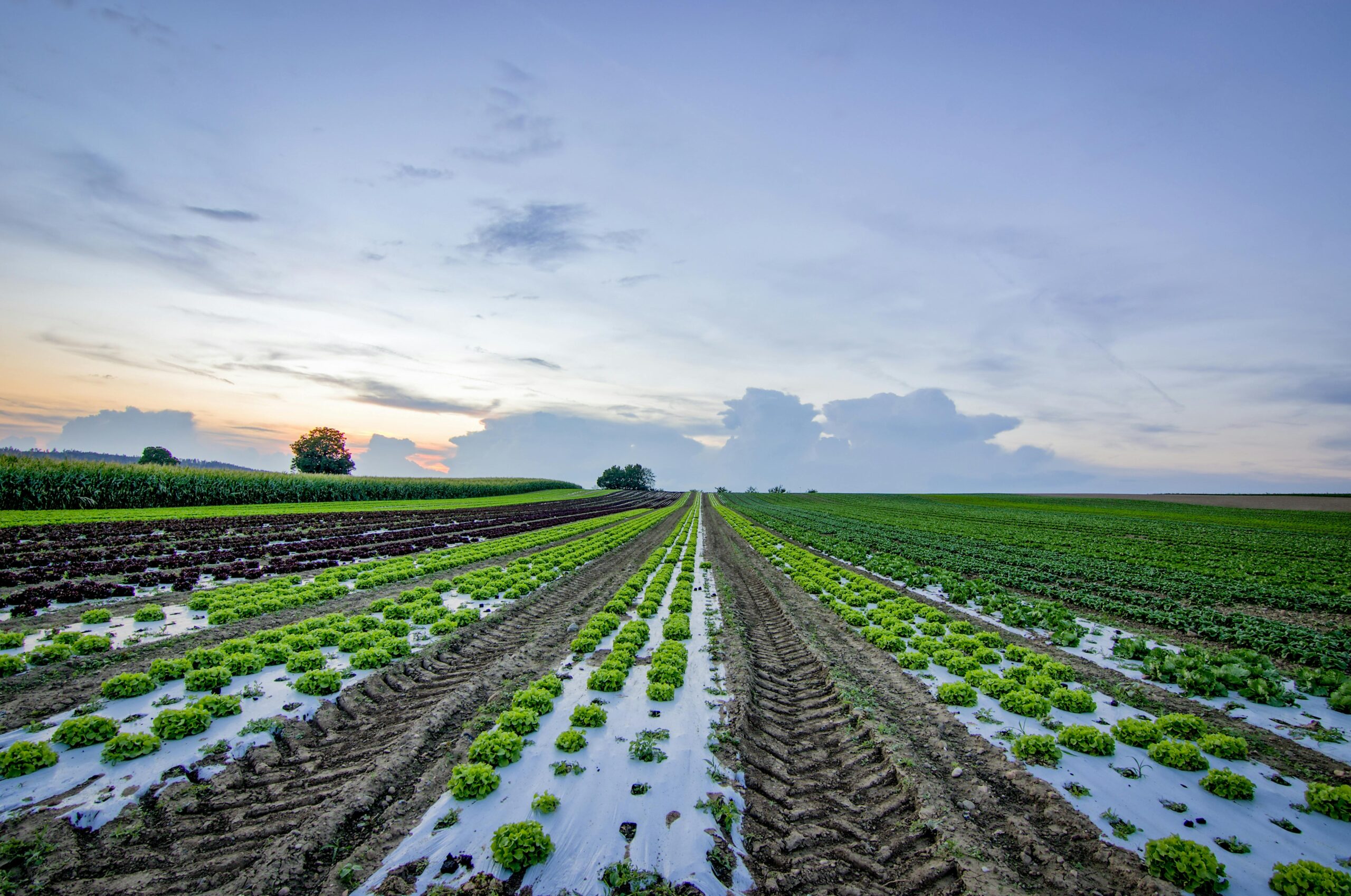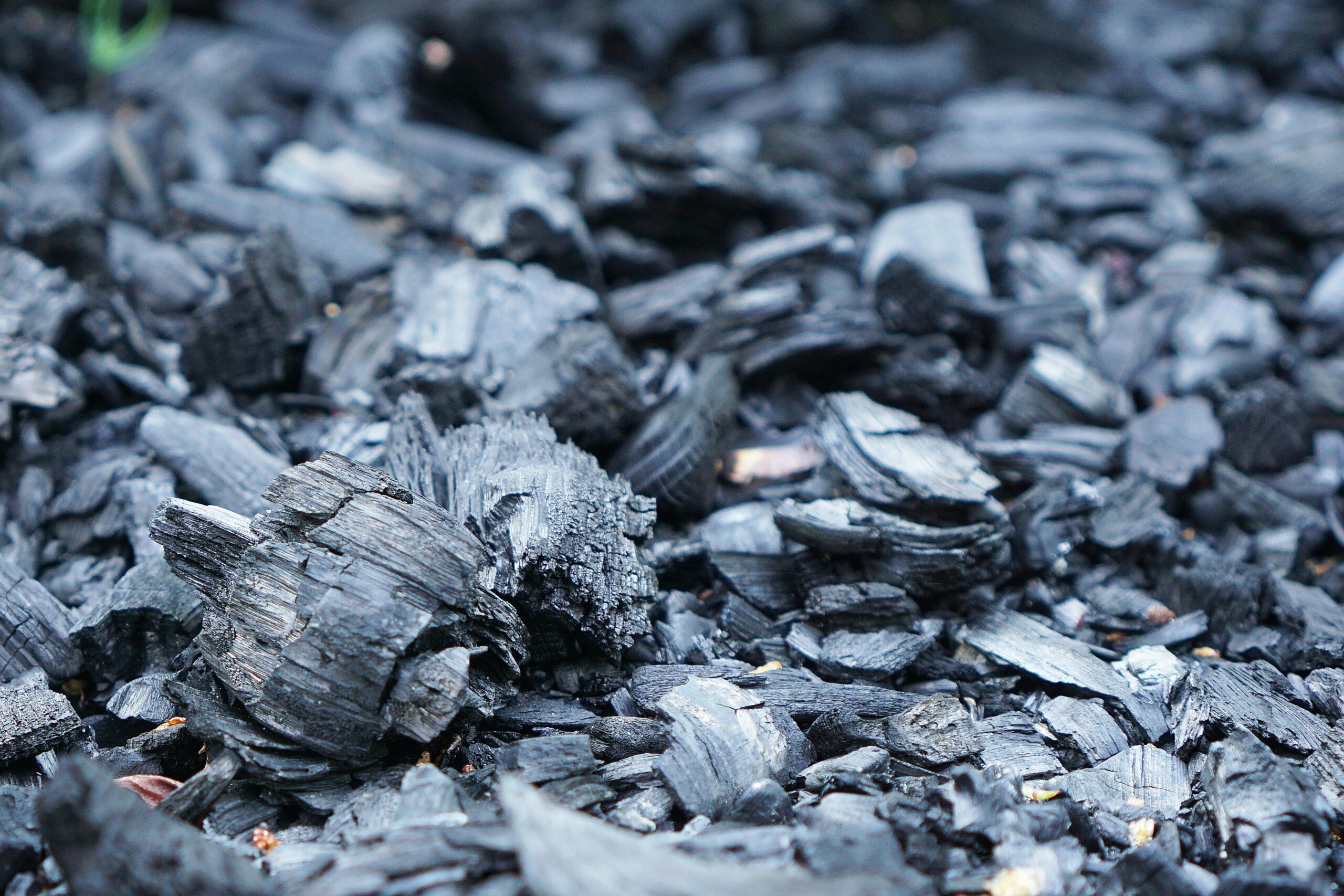Well water, or more accurately groundwater that is pumped up by way of a well, has been for centuries considered a very safe source of drinking water. In my hometown of Memphis for instance, all of our drinking water comes from wells that have been drilled into a magnificent and large naturally occurring aquifer. This aquifer is protected by a natural clay layer that contains the water and actually applies some downward pressure to it.
The word “safe” however is a relative term. Each groundwater source has different geology, biology, chemistry, and physics. Some aquifers may be very safe, while others may be very susceptible to contamination. There just is no rule of thumb to determine safety.
Testing of well water is mandatory. For many decades the local water expert, “Hey Culligan Man” would do a yearly test and perhaps a chlorination to kill bacteria that may have accumulated in the well line. If we are being honest, however, civilization has placed many contaminants into our environment which are slowly but surely finding their way into our drinking water sources.
What is adequate testing? Well, if we want 100% confidence that our water is safe, then we need 100% real-time analysis of all the water we drink. Unfortunately, there are too many contaminants for the average person to test for and most of them cannot be tested in real time. Accordingly, expense and test procedures dictate that we have to drink tap water, whether it is a municipal source or from a private well, largely on faith.
The good news is, most groundwater sources are stable. Still, there can be no guarantee of safety from any water source.
The only real way to ensure that the water we drink is safe is to have a proper water analysis done, and then install a properly designed final tap water filtration system.







